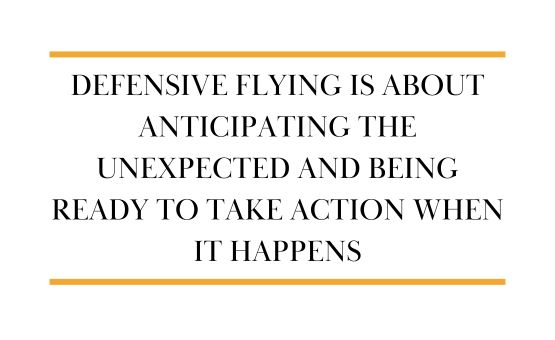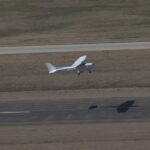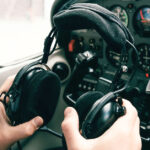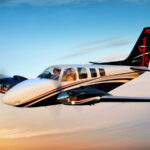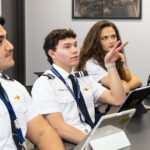By Mike Bliss
When we first learned to drive, we were taught the importance of defensive driving. We learned how to develop the habit of anticipating situations before they happened and to be prepared to take action as we identified hazards in our path.
These same skills are equally important when it comes to flying. The pilot who has the mindset of anticipating possible hazards and is mentally prepared to deal with them, should they actually arise, is much more likely to have a safe outcome than the one not in the habit of flying defensively.
Defensive flying is being prepared for the other guy to do something unexpected, such as a runway incursion, not following right-of-way rules, taxing onto the runway for takeoff while you are on short final, failing to comply with Land and Hold Short instructions, anticipating the possibility of encountering another aircraft when crossing a VOR or any number of other possibilities.
Defensive flying also means being prepared to deal with unexpected situations not involving other aircrafts. One that comes to mind for anyone who has been in that situation is dealing with an engine failure on takeoff. Flying defensively means anticipating that possibility before each takeoff and being mentally prepared to deal with it should it occur. Another similar situation might be having to execute a missed approach when the latest weather report did not prepare you for that possibility.
Developing the habit of defensive flying will add to your sense of confidence and make you a safer pilot.




